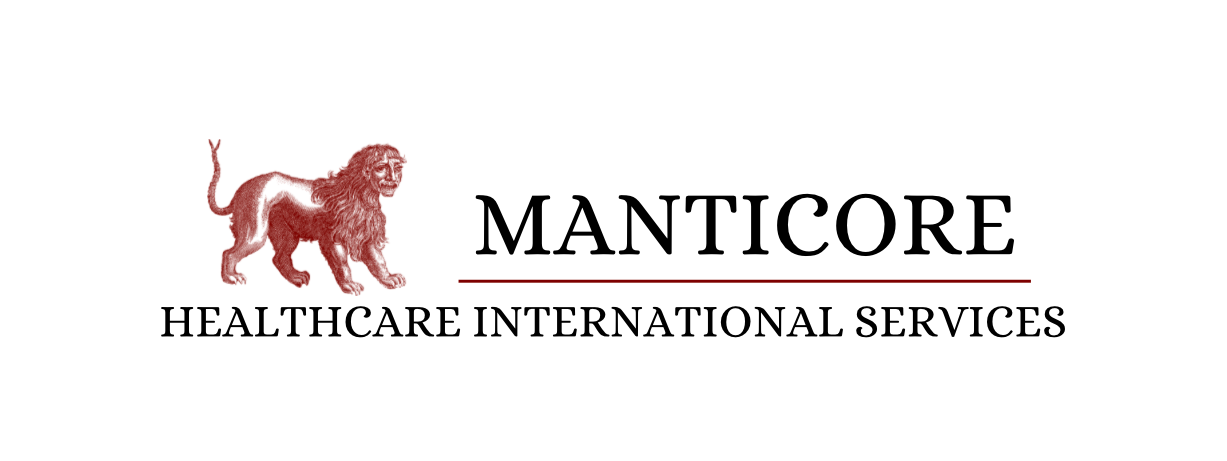Healthcare is in the midst of a transformation, driven by advancements in technology, changing patient needs, and evolving regulatory demands. As hospital management becomes more complex, it’s crucial for healthcare leaders to stay ahead of the curve. In this article, we’ll explore the key trends shaping hospital management in 2025 and beyond, from the rise of telemedicine to data-driven decision-making and value-based care models.
1. The Rise of Telemedicine and Remote Care
Telemedicine has rapidly evolved from a convenience into a critical component of modern healthcare delivery. The COVID-19 pandemic accelerated the adoption of telehealth services, and this trend is only expected to grow. By 2025, telemedicine will likely be a core offering for most hospitals, providing patients with access to medical consultations, specialist care, and follow-up appointments from the comfort of their homes.
For hospital management, this means investing in robust telemedicine platforms, training healthcare professionals in virtual care, and integrating remote monitoring tools into everyday practice. Remote care technology will also extend beyond traditional appointments, including wearables that allow doctors to monitor patients’ vital signs and health data in real time, reducing the need for hospital visits and improving chronic disease management.
2. Data-Driven Decision Making and Predictive Analytics
As healthcare becomes increasingly data-centric, hospitals are amassing vast amounts of patient information, clinical data, and operational metrics. In 2025, leveraging this data for decision-making will be a top priority for hospital managers. Predictive analytics will play a significant role in helping hospitals anticipate patient needs, optimize resource allocation, and improve patient outcomes.
For instance, predictive algorithms can forecast patient admission rates, allowing hospitals to better manage staffing levels, reduce wait times, and improve bed utilization. Hospitals will also use data analytics to identify at-risk patients, proactively intervening before their conditions worsen. This data-driven approach to hospital management will not only enhance efficiency but also help personalize care for better patient outcomes.
3. Value-Based Care Over Volume-Based Models
The shift from volume-based to value-based care will continue to reshape hospital management in 2025. Value-based care models prioritize patient outcomes over the number of services provided, rewarding hospitals for delivering high-quality, cost-effective care. This change is largely driven by payer organizations, including government bodies and insurance companies, pushing for accountability and better patient outcomes.
For hospital management teams, the move toward value-based care means revising operational strategies to focus on improving care coordination, reducing readmission rates, and enhancing the patient experience. Emphasizing preventative care, patient education, and post-discharge support will be key to succeeding in this new model. Moreover, hospitals will need to invest in systems that track patient outcomes and report on performance metrics to align with value-based contracts.
4. Enhanced Patient Experience and Personalization
Patient expectations have evolved, and by 2025, hospitals will need to deliver a more patient-centered experience to remain competitive. Personalization will be a cornerstone of this evolution, with patients expecting healthcare to be tailored to their specific needs, preferences, and medical histories. Hospital management teams will need to focus on creating a seamless and personalized patient journey, both inside and outside the hospital.
This includes the adoption of digital tools such as mobile apps and patient portals, which allow individuals to schedule appointments, access medical records, and communicate with healthcare providers. Hospitals will also need to redesign their physical spaces to create more patient-friendly environments that promote comfort and wellbeing. Overall, hospitals that prioritize personalization, convenience, and transparency will be well-positioned to improve patient satisfaction and outcomes.
5. Workforce Development and Burnout Prevention
Healthcare professionals are the backbone of any hospital, but by 2025, hospital management will need to focus even more on workforce development and preventing burnout. The pressure of high patient volumes, administrative tasks, and the emotional toll of caregiving can contribute to significant staff burnout, which has become a widespread issue in recent years.
Hospital managers will need to adopt strategies that prioritize staff wellbeing, such as flexible scheduling, mental health support, and reducing administrative burdens through automation. Continuous professional development will also be critical, ensuring that staff stay up-to-date with the latest medical advances and best practices. A healthy, supported workforce is essential for delivering high-quality care and maintaining the operational efficiency of hospitals.
As we look toward 2025, the landscape of hospital management will continue to evolve, shaped by technological advances, patient expectations, and regulatory demands. To stay competitive, hospital leaders must embrace these trends and adapt to the changing healthcare environment. By focusing on telemedicine, data-driven decision-making, value-based care, workforce wellbeing, AI integration, sustainability, and cybersecurity, hospitals can position themselves for success in the years to come.


